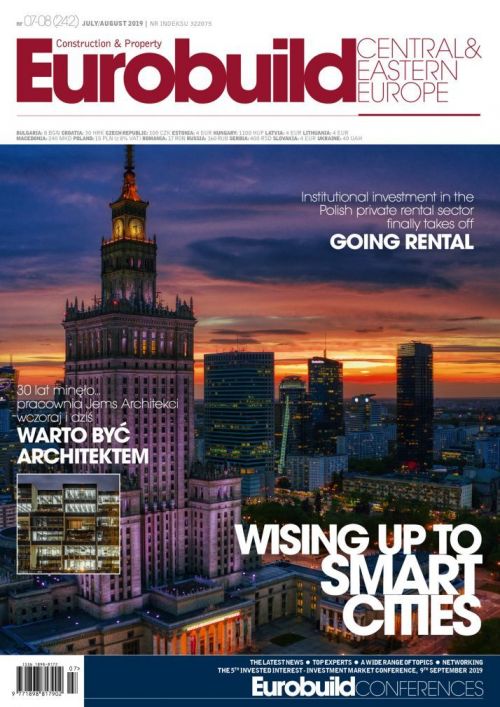On a scorching June morning it was a relief that the venue was in the cool underground conference facilities of the Indigo Hotel in Warsaw. In the first presentation Tomasz Mika, the head of the industrial department in Poland at JLL, took to the stage and tried to answer the question of when the current boom would end. He examined the market in detail but found few, if any factors that threatened its current growth. The unemployment rate turned out to be a major topic of the day but although it is currently at an all time low, a company such as Amazon can still move its distribution centre to Poznań, offer a 15 pct premium on wages to attract staff, and make a saving in comparison to having its operations based in Germany. He was followed by two further presentations by Segro. Waldemar Witczak, the regional director for Poland at Segro gave an overview of his company’s operations and explained its current focus on urban logistic centres. He was followed by Fabien Fridrici, the regi




























































